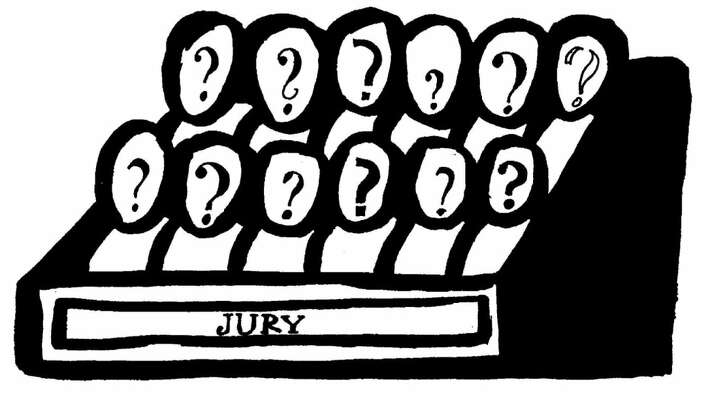A few weeks ago, the California Assembly passed legislation that for the first time would make non-citizens eligible for jury service. If passed by the State Senate, California would be the only state to decouple citizenship and jury duty.
A chorus of criticism has been raised over the proposed bill without thinking about the fundamental question it presents. Why do we limit jury service to citizens?
The answer does not lie in history. At the time of the framing of the United States Constitution, jury service was limited to property-owning white men–as, for that matter, were voting rights in most states. Recent immigrants who owned property could sit on juries, but other citizens (women and others without property) could not. Thus, as originally understood, citizenship did not define who could sit on a jury.
Nor is the answer that citizens possess some special civic knowledge. There are no educational requirements for jury service. No special “citizen training” classes. Qualification for federal jury service simply requires that the potential juror “be adequately proficient in English to satisfactorily complete the juror qualification form.” In an era where studies show that most Americans fail basic civic literacy tests (including the official government citizenship test), we can honestly wonder about this collective lack of civic knowledge. Thus, assuming that many non-citizens are equally knowledgeable (or ignorant) about American civics and law, knowledge cannot be the reason for preferring citizens.
Nor, is it about community representation. Juries, of course, have always acted as a community conscience. Community morals and judgments provide both the legitimacy for a jury verdict and a check on government power. The right to a criminal jury trial is a right to a local jury. Yet, including non-citizens on juries would not necessarily change that community dynamic. In fact, including non-citizen members of our community might provide a closer approximation of the actual community sentiment. After all, a lawful permanent resident of California (who has lived in the state for twenty years) might be much more representative of the community than a recent citizen moving from Alabama or New Hampshire.
So why has jury service been limited to citizens? Here are three good reasons.
Citizenship symbolizes and preserves self-government. In a democracy, citizens are the sovereigns and sovereigns have to govern themselves through institutions like the jury. This is a structural power – a reservation of political control to citizens. One cannot outsource the responsibility of self-government, including jury duty. Those who have been entrusted with the responsibility to govern must do the hard work of self-government.
Second, citizenship has come to define our political identity. For much of early American history, we denied full political rights to women and people of color. As a result, the battles for political equality have been framed in terms of citizenship. The Women’s Suffrage Movement explicitly linked jury service and voting in its push for political equality, knowing that just gaining the right to vote would not be enough for women to be considered full constitutional citizens. The Civil Rights Movement in the South began with a series of jury discrimination cases recognizing that jury participation symbolized a measure of constitutional equality. Those victories established that to be a full participant in the constitutional system, one had to identify as a citizen juror.
Finally, citizenship involves a legal and social relationship with the government – a granting of constitutional rights and an acceptance of civic responsibilities. American citizenship is a legal commitment to certain participatory values, including participation in juries. The badge of citizenship marks individuals as belonging to a national community that guarantees certain liberties and opportunity in exchange for democratic participation. As the Supreme Court stated in Powers v. Ohio, jury duty “affords ordinary citizens a valuable opportunity to participate in a process of government, an experience fostering, one hopes, a respect for law. Indeed, with the exception of voting, for most citizens the honor and privilege of jury duty is their most significant opportunity to participate in the democratic process.”
A shift to non-citizen jurors would alter this balance of sovereignty, identity, and the relationship between citizen and government. Of course, many non-citizens would make excellent jurors, just as many actual citizens make poor jurors, but the underlying legal relationships would be significantly affected. This change to non-citizens juries may come, as the history of the jury has always evolved with social norms, but such a change would restructure the current balance of rights and responsibilities in a way that Californians and others should weigh very carefully.
Most importantly, the debate over non-citizen jurors has resulted in new awareness that jury service matters. However the California legislature ultimately decides the issue, the controversy has highlighted a deep-felt sense that jury service goes to the heart of what it means to be an American citizen: It is not patriotism alone, but commitment to the participatory values of democracy. Next time you are asked to serve, wear your juror badge proudly.
Andrew Guthrie Ferguson is an assistant professor of law at the UDC David A. Clarke School of Law, and author of Why Jury Duty Matters: A Citizen’s Guide to Constitutional Action (NYU Press, 2013).

